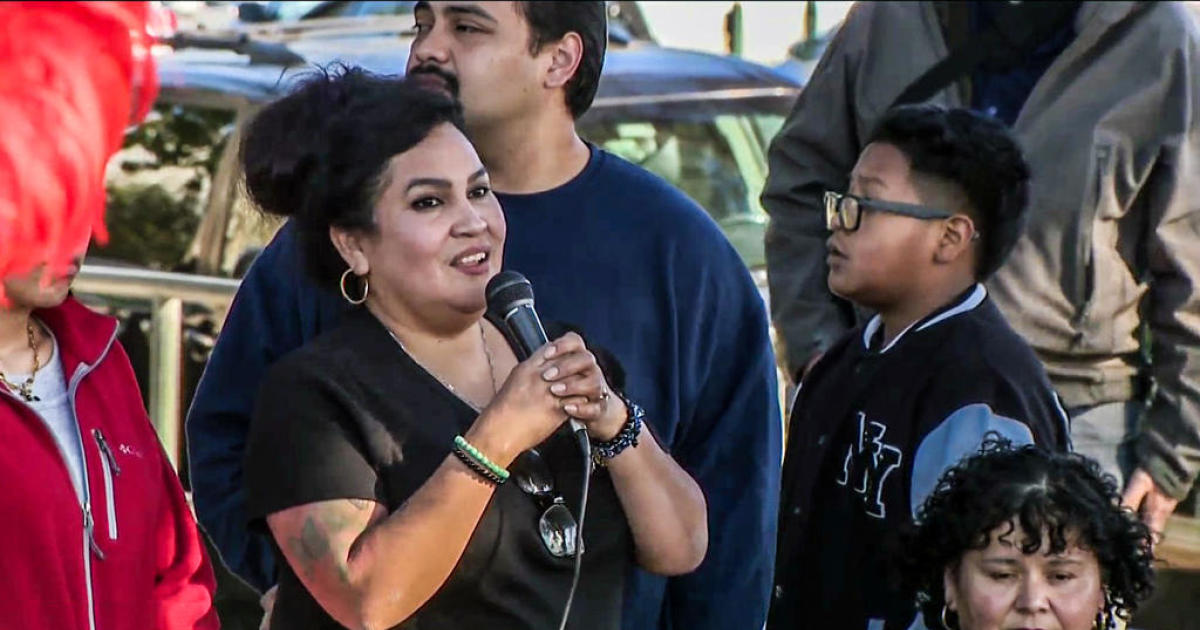Alameda County Receives Grant To Reduce Rape Kit Backlog
OAKLAND (CBS / AP) -- The Alameda County District Attorney's Office announced Wednesday that it has received a $1.5 million grant to reduce its backlog of unanalyzed rape kits.
District Attorney Nancy O'Malley told The Associated Press that the funding will go toward clearing the county's backlog of about 2,000 untested rape kits, some dating back several years.
The grant from the New York-based Natasha's Justice Project will pay for those kits to be tested at private labs, then reviewed at a public lab and uploaded to a national DNA database.
"I'm honored that we're working together," said O'Malley, adding that some testing already has started.
Natasha's Justice Project Founder Natasha Alexenko said Wednesday the grant is part of her nonprofit's national strategy, as Alameda County's kits are among an estimated 400,000 across the country that need to be analyzed.
"Each number represents a person whose body was a crime scene," Alexenko said. "Some of these perpetrators could be harming more victims. This is an epidemic that is happening across the nation."
Experts believe that reasons for the lack of testing by law enforcement, besides the cost and smaller staffs to conduct the forensic analysis due to budget cuts, is that the authorities may opt not to analyze kits when a victim quickly identifies the perpetrator. O'Malley and Alexenko said it's important that those kits be tested because the suspect could be linked to similar or other criminal acts.
"Let's address this issue directly and do what we can to solve these crimes," O'Malley said.
Alexenko has publicly identified herself as a rape victim. She appeared in an HBO documentary in 2011 exploring how her attacker was caught after a rape kit sat on an evidence shelf for nearly a decade.
Alexenko was a 19-year-old college student from Ontario in 1993 when she was raped and sodomized at gunpoint in the hallway of her Manhattan apartment building. She immediately reported the assault to police and went to a hospital, where physical evidence -- including DNA samples -- was collected.
Without a suspect in custody, prosecutors devised a unique legal strategy and indicted the DNA sample belonging to the unknown perpetrator, a so-called John Doe indictment, which essentially stopped the clock on the 10-year statute of limitations.
In 2007, authorities arrested a suspect who eventually was convicted of Alexenko's sexual assault. He will be eligible for parole in 2057.
Alexenko, who testified at the trial, said she has felt an obligation to help other victims.
O'Malley, the district attorney, agrees.
"That is why it is our responsibility and why we need to lessen the trauma from such a horrible crime," she said.
(Copyright 2013 by CBS San Francisco. All Rights Reserved. This material may not be published, broadcast, rewritten, or redistributed.)



